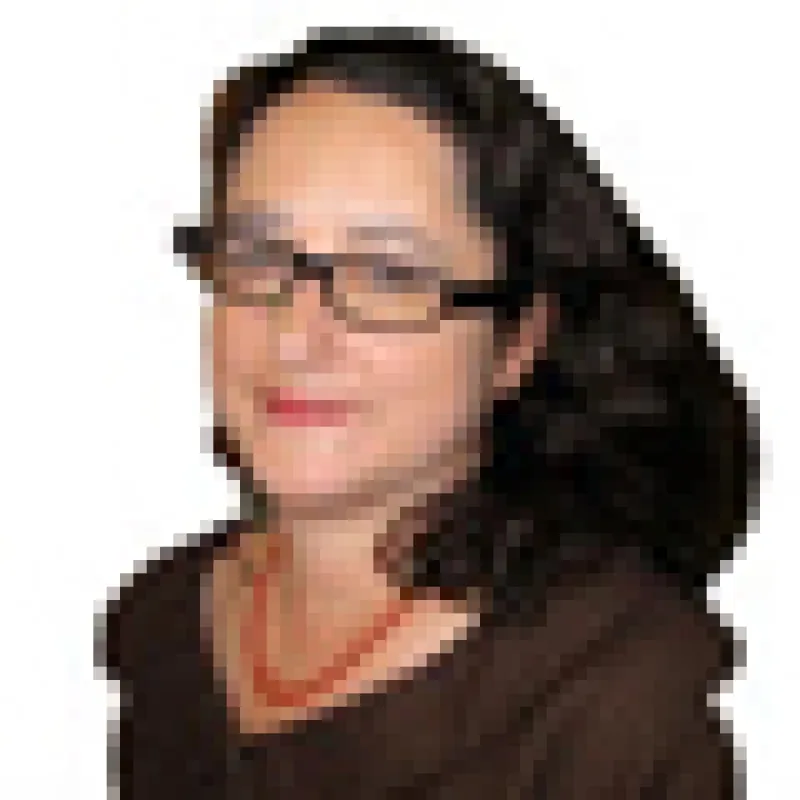
QVT’s Turkish Soccer Dispute Sheds Light on Hedge Fund Manager Dan Gold
QVT Financial's Dan Gold is everywhere these days. He's even embroiled in a dispute with a Turkish soccer club.
Imogen Rose-Smith
March 30, 2010


